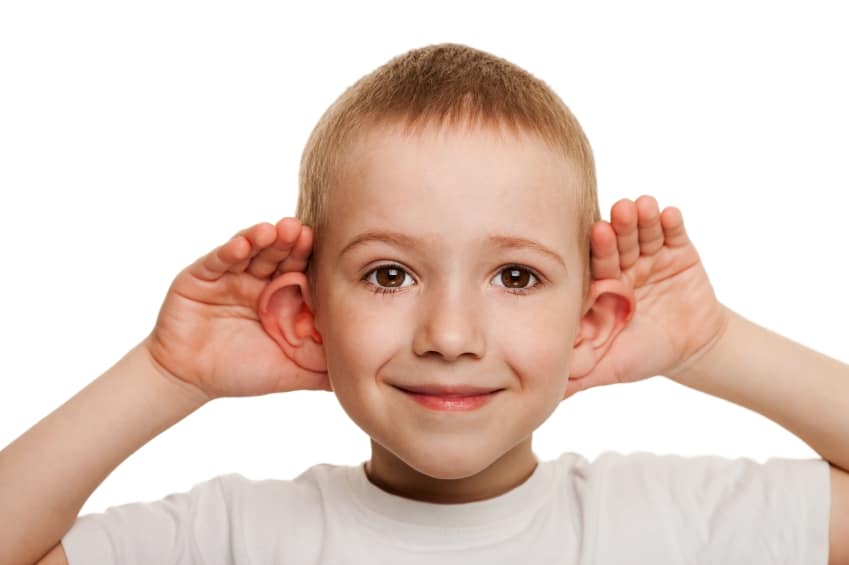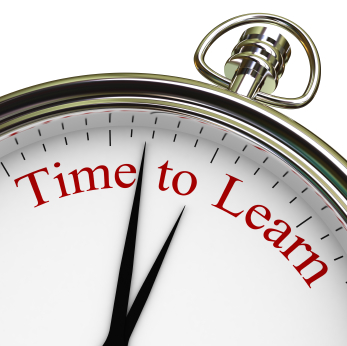Special Report: The Interactive Metronome (IM) and ADHD
National Time Management Month is celebrated during February each year. February is the perfect month to focus on time management skills with your clients. Time management is not as complex or difficult as it seems. When children learn time management early in life, they tend to do so for the rest of their lives. Time management in students helps them achieve their academic and recreational goals. It also teaches them to be independent and productive.
Children diagnosed with Attention-deficit/hyperactivity disorder (ADHD) often have difficulty staying on task and staying organized, all of which can make time management challenging. This is because of the way the brain tends to process things when a person is living with ADHD.






 A person can only hold only “so much” information in working memory … here is an anology: There are 5 babies in the bed. Put another one in, and one of the babies in the bed falls out. The bed can only hold “5” babies. Period. This study by Kane et al (2001) published in the Journal of Experimental Psychology further bolsters the theory that our ability to focus and pay attention is largely driven by how many bits of information (“babies”) we can hold in our working memory without losing them in the presence of more bits of information or distractions (“more babies”). Working memory is a skill that is dependent upon timing in the brain. The better the brain’s timing, the better working memory can hold onto the bits of information and use them for the situation (i.e., learning) or problem at hand. Taub et al (2007) have theorized that Interactive Metronome, a patented program that improves timing in the brain, primarily addresses thinking speed and working memory, thereby improving our ability to focus and learn.
A person can only hold only “so much” information in working memory … here is an anology: There are 5 babies in the bed. Put another one in, and one of the babies in the bed falls out. The bed can only hold “5” babies. Period. This study by Kane et al (2001) published in the Journal of Experimental Psychology further bolsters the theory that our ability to focus and pay attention is largely driven by how many bits of information (“babies”) we can hold in our working memory without losing them in the presence of more bits of information or distractions (“more babies”). Working memory is a skill that is dependent upon timing in the brain. The better the brain’s timing, the better working memory can hold onto the bits of information and use them for the situation (i.e., learning) or problem at hand. Taub et al (2007) have theorized that Interactive Metronome, a patented program that improves timing in the brain, primarily addresses thinking speed and working memory, thereby improving our ability to focus and learn.